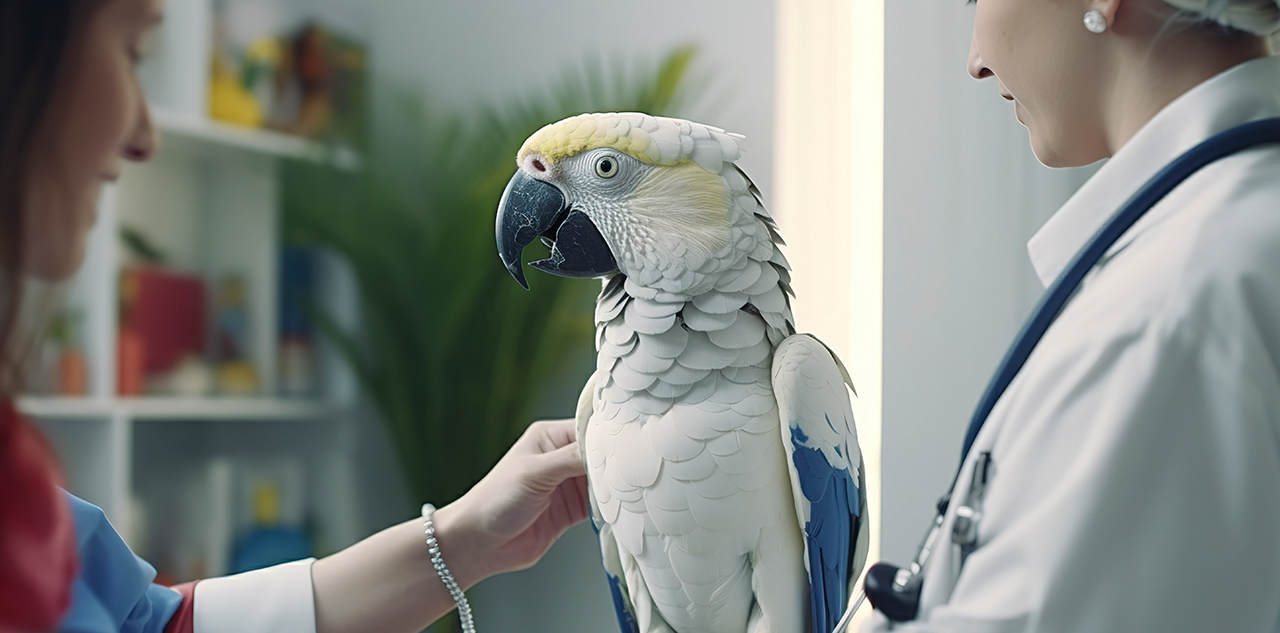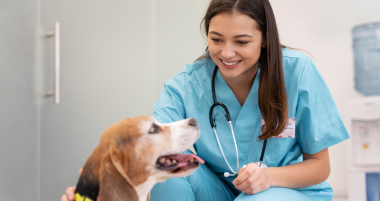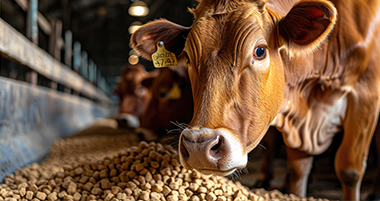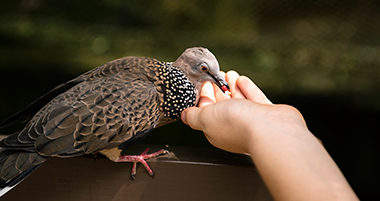Pet birds, with their vibrant colors and charming personalities, bring joy to many households. However, these delicate creatures are prone to a range of health issues that can significantly affect their well-being. As bird owners, it's crucial to be aware of the common health problems that can arise and take proactive steps to prevent them. In this article, we’ll explore six common health issues in pet birds and provide tips on how to keep your feathered friends healthy and happy.
Respiratory Infections: A Silent Threat
Respiratory infections are among the most common health issues in pet birds, often caused by bacteria, viruses, or fungal agents. Birds have sensitive respiratory systems, making them particularly vulnerable to airborne irritants like dust, smoke, and chemicals. Symptoms of respiratory infections include sneezing, nasal discharge, labored breathing, and lethargy. To prevent these infections, ensure your bird’s environment is clean, well-ventilated, and free from harmful fumes.
Nutritional Deficiencies: The Foundation of Health
Many pet birds suffer from nutritional deficiencies due to an imbalanced diet. A diet lacking in essential vitamins and minerals can lead to a range of health problems, including weakened immune systems, poor feather quality, and even bone deformities. Offering a balanced diet that includes a variety of seeds, fresh fruits, vegetables, and specially formulated bird pellets is crucial. Consulting with an avian veterinarian can help you create the perfect diet plan for your bird.
Psittacosis: A Zoonotic Disease
Psittacosis, also known as parrot fever, is a bacterial infection that can affect both birds and humans. It’s caused by the bacterium *Chlamydia psittaci* and can lead to symptoms such as respiratory distress, diarrhea, and weight loss in birds. In humans, it can cause flu-like symptoms and more severe respiratory issues. Regular veterinary check-ups and maintaining good hygiene practices can help prevent this disease. If you suspect your bird has psittacosis, seek veterinary care immediately.
Feather Plucking: A Behavioral and Health Concern
Feather plucking is a common issue that can stem from both behavioral and health-related causes. Birds may pluck their feathers due to stress, boredom, or underlying medical conditions like skin infections or parasites. Identifying the root cause of feather plucking is essential for effective treatment. Ensuring your bird has a stimulating environment, proper nutrition, and regular vet visits can help mitigate this behavior.
Gastrointestinal Problems: The Gut Matters
and can be caused by infections, parasites, or dietary issues. Birds are sensitive to changes in their diet, and introducing new foods too quickly can upset their digestive system. Providing a consistent, balanced diet and clean drinking water is vital. If you notice any signs of gastrointestinal distress, consult with your veterinarian to determine the appropriate treatment.
Egg Binding: A Serious Condition in Female Birds
Egg binding is a potentially life-threatening condition that occurs when a female bird is unable to pass an egg. This condition can result from nutritional deficiencies, lack of exercise, or reproductive tract issues. Symptoms include straining, lethargy, and swelling in the abdomen. Preventing egg binding involves providing a well-balanced diet rich in calcium and ensuring your bird gets regular exercise. If you suspect your bird is egg-bound, seek emergency veterinary care immediately.
Caring for a pet bird involves more than just providing food and water. It requires an understanding of their unique health needs and taking proactive steps to prevent common issues. Regular veterinary check-ups, a balanced diet, a clean environment, and attentive observation of your bird’s behavior can help ensure your feathered companion lives a long, healthy, and vibrant life. By being aware of these common health issues and addressing them promptly, you can enjoy many happy years with your feathered friend, free from unnecessary suffering and discomfort. Remember, the key to a healthy bird is proactive care, so always be vigilant and responsive to your pet's needs.




